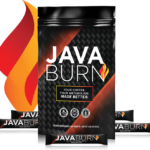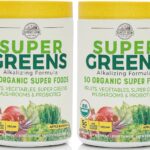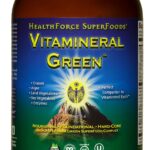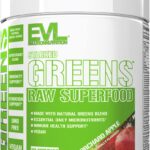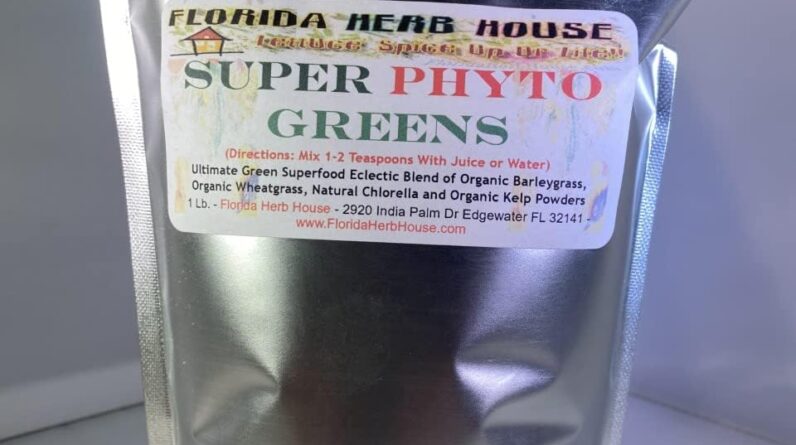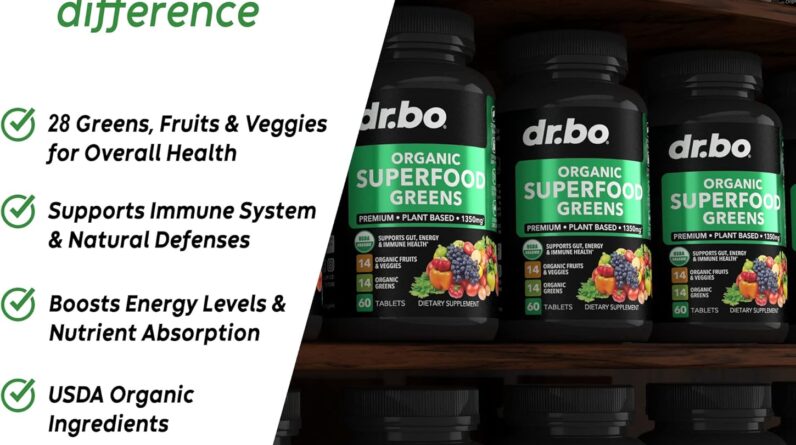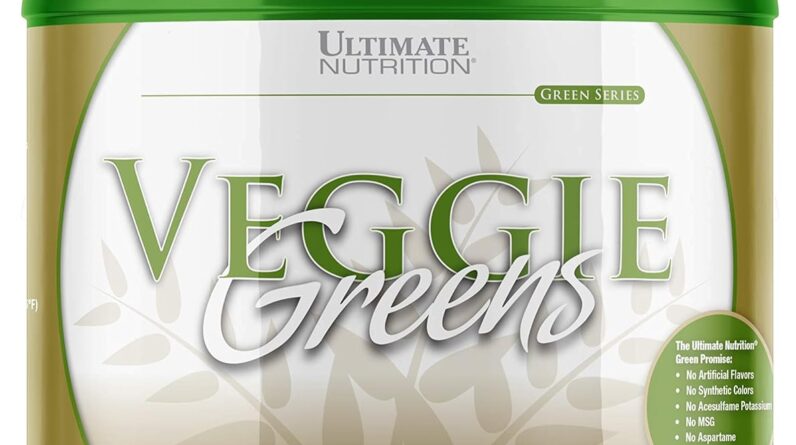
Disclaimer: This post may contain affiliate links. As an Amazon Associate, we earn from qualifying purchases.
Are you on a weight loss journey and looking for ways to support your goals? Incorporating protein bars into your plan can be a game-changer. Just like a trusty sidekick, protein bars can be your go-to option, providing the nourishment and convenience you need along the way. Think of them as your secret weapon, helping you stay on track and reach your desired destination.
Protein bars offer numerous benefits, whether you use them as a meal replacement, post-workout snack, or a well-balanced option for those on-the-go moments. By choosing nutrient-dense bars with the right balance of macronutrients, you can increase your protein intake, support muscle recovery, and curb cravings. But not all protein bars are created equal. It’s important to select brands that prioritize quality ingredients, avoid excessive sugars and artificial sweeteners.
With portion control in mind and by reading nutrition labels, protein bars can become your ally in achieving weight loss success.
So, let’s dive in and discover how to incorporate protein bars into your weight loss journey, making it a fulfilling and satisfying experience.
Practical Tips for Usage
When incorporating protein bars into your weight loss journey, it’s important to follow practical tips for usage. Use them as meal replacements or post-workout snacks. Practice portion control and choose the right brand.
Protein bars can be a convenient and effective way to support your weight loss goals. As a meal replacement, opt for bars that are nutrient-dense and low in added sugars. Look for options that contain around 200-300 calories and at least 15-20 grams of protein to keep you feeling satisfied.
After a workout, protein bars can aid in muscle recovery by providing a good balance of macronutrients. Choose bars that contain protein, healthy carbohydrates, and a moderate amount of fats.
It’s crucial to practice portion control when enjoying protein bars as snacks. Read the nutrition label and consider splitting the bar into smaller portions. Look for bite-sized or mini versions to prevent excessive calorie intake.
When choosing protein bars, prioritize brands that use quality ingredients and protein sources. Avoid bars with artificial sweeteners, high-fructose corn syrup, or excessive added sugars.
By following these practical tips, protein bars can become a valuable tool in your weight loss journey.
Meal Replacement
To effectively replace a high-calorie meal, opt for a nutrient-dense protein bar with around 200-300 calories and at least 15-20 grams of protein. This provides a satisfying and filling option that supports weight loss efforts.
Did you know that replacing one high-calorie meal with a protein bar can save you up to 500 calories a day?
Protein bars are a convenient and delicious way to enjoy a meal while staying on track with your weight loss goals. They’re packed with protein, which helps promote feelings of fullness and supports muscle growth and repair.
When choosing a protein bar as a meal replacement, look for options that are nutrient-dense and low in added sugars. These bars should contain a good balance of macronutrients, with around 200-300 calories and at least 15-20 grams of protein.
By opting for a protein bar as a meal replacement, you can reduce your overall calorie intake and still feel satisfied.
Incorporating protein bars into your weight loss journey is a smart choice. They provide a convenient and nutritious alternative to high-calorie meals, helping you stay on track with your weight loss goals.
Make sure to choose protein bars that are nutrient-dense, low in added sugars, and contain a good amount of protein. By replacing one high-calorie meal with a protein bar, you can save up to 500 calories a day, which can make a significant difference in your weight loss efforts.
So, give protein bars a try and enjoy a satisfying and filling meal while still working towards your weight loss goals.
 Post-Workout Snack
Post-Workout Snack
After an intense workout, replenish your energy levels and aid muscle recovery by grabbing a protein bar packed with the right balance of macronutrients. Consuming a protein bar as a post-workout snack can be beneficial for your weight loss goals. Your body needs protein to repair and build muscles after exercising, and a protein bar can provide the necessary nutrients.
Look for bars that contain a combination of protein, healthy carbohydrates, and a moderate amount of fats. This balance will help replenish your energy levels and support muscle recovery.
When choosing a protein bar as a post-workout snack, opt for options that contain around 150-200 calories and at least 10 grams of protein. This will ensure that you’re getting the right amount of nutrients without excessive calories. Pairing the protein bar with a piece of fruit or some nuts can further enhance the snack’s nutritional value and provide a balanced combination of macronutrients.
Remember, protein bars should be used in conjunction with a well-balanced diet and regular exercise. They’re a convenient and effective way to increase your protein intake and support your weight loss journey. By incorporating them into your post-workout routine, you can maximize the benefits and help your muscles recover efficiently. Choose high-quality protein bars that prioritize quality ingredients and avoid those with excessive added sugars or artificial sweeteners. With the right approach, protein bars can become a valuable tool in your weight loss toolkit.
Portion Control
Practicing portion control is crucial when incorporating protein bars into your weight loss plan. While these bars can be a convenient and nutritious snack, it’s important to be mindful of the serving size. Many protein bars are larger than necessary for a single serving, which can lead to excessive calorie intake.
To avoid this, read the nutrition label and consider splitting the bar into two smaller portions. Alternatively, you can choose bars that come in bite-sized or mini versions. By doing so, you can still enjoy the taste and benefits of a protein bar without overdoing your calorie intake.
When it comes to portion control, it’s also essential to be mindful of the overall calorie content of the protein bar. Aim for options that contain around 150-200 calories. Additionally, look for bars that have at least 10 grams of protein. This combination will provide you with a balanced snack that will keep you feeling satisfied and energized throughout the day.
By practicing portion control, you can effectively incorporate protein bars into your weight loss journey. It allows you to enjoy the convenience and nutritional benefits of these bars without sabotaging your calorie intake. Remember to choose quality brands, read the labels, and use protein bars in conjunction with a well-balanced diet and regular exercise. With these strategies, protein bars can become a valuable tool in your weight loss toolkit.
Choosing the Right Brand
When it comes to selecting the right brand, it’s crucial to choose protein bars that prioritize quality ingredients and protein sources. Not all protein bars are created equal, so it’s essential to do your research and find brands that meet your standards.
Here are some factors to consider when choosing the right brand of protein bars:
Quality Ingredients: Look for bars that use high-quality ingredients and avoid artificial sweeteners, high-fructose corn syrup, and excessive amounts of added sugars. Opt for bars that have a high protein content derived from sources like whey, casein, or plant-based proteins like soy or pea.
Protein Sources: Pay attention to the protein sources used in the protein bars. Whey and casein proteins are highly regarded for their muscle-building properties, while plant-based proteins like soy or pea can be great options for those with dietary restrictions or preferences.
Reputation and Reviews: Read reviews and do some research on reputable brands. Look for feedback from other consumers who have tried the protein bars to get an idea of their taste, texture, and overall quality.
By choosing a brand that prioritizes quality ingredients and protein sources, you can ensure that you’re getting the most out of your protein bars and supporting your weight loss journey effectively.
Frequently Asked Questions
Are protein bars suitable for everyone, regardless of their weight loss goals?
Protein bars may not be suitable for everyone, regardless of their weight loss goals. It’s important to consider individual dietary needs and preferences. Consulting with a healthcare professional can help determine if protein bars are a good fit for you.
Can protein bars replace all meals in a weight loss plan?
Protein bars can be used as meal replacements in a weight loss plan, but it’s not recommended to replace all meals. They can help reduce calorie intake, but it’s important to maintain a well-balanced diet for optimal nutrition.
Are there any specific protein bar brands that are recommended for weight loss?
There are several protein bar brands that are recommended for weight loss, such as Quest Nutrition, RXBAR, and ONE Brands. These brands prioritize quality ingredients, high protein content, and low added sugars to support your weight loss goals.
How often should protein bars be consumed as a post-workout snack?
Protein bars can be consumed as a post-workout snack about 30-60 minutes after exercise. This timing allows your body to utilize the protein for muscle recovery and growth. Aim for a protein bar that contains a good balance of macronutrients for optimal results.
Can protein bars be used as a substitute for a well-balanced diet and regular exercise in a weight loss journey?
No, protein bars cannot be used as a substitute for a well-balanced diet and regular exercise in a weight loss journey. They can be a helpful addition, but a holistic approach including proper nutrition and physical activity is essential for long-term success.
Key Takeaways
– Use protein bars as a meal replacement by choosing options that are nutrient-dense and low in added sugars.
– Opt for protein bars as a post-workout snack to replenish energy levels and aid muscle recovery.
– Practice portion control by splitting the bar into smaller portions or choosing bite-sized or mini versions.
– Choose protein bar brands that prioritize quality ingredients and protein sources, avoiding those with artificial sweeteners and excessive amounts of added sugars.
Conclusion
In conclusion, incorporating protein bars into your weight loss journey can be a beneficial strategy when used correctly. By choosing nutrient-dense options with adequate protein and low added sugars, protein bars can serve as a satisfying meal replacement or post-workout snack.
Practice portion control by splitting bars or opting for mini versions to manage calorie intake. Selecting high-quality brands that prioritize natural ingredients and avoid artificial sweeteners is crucial. For example, Sarah, a busy professional, used protein bars as a convenient on-the-go snack alongside her balanced diet and exercise routine, helping her reach her weight loss goals.
Remember to consult with a healthcare professional for personalized advice.
As an Amazon Associate, we earn from qualifying purchases.


